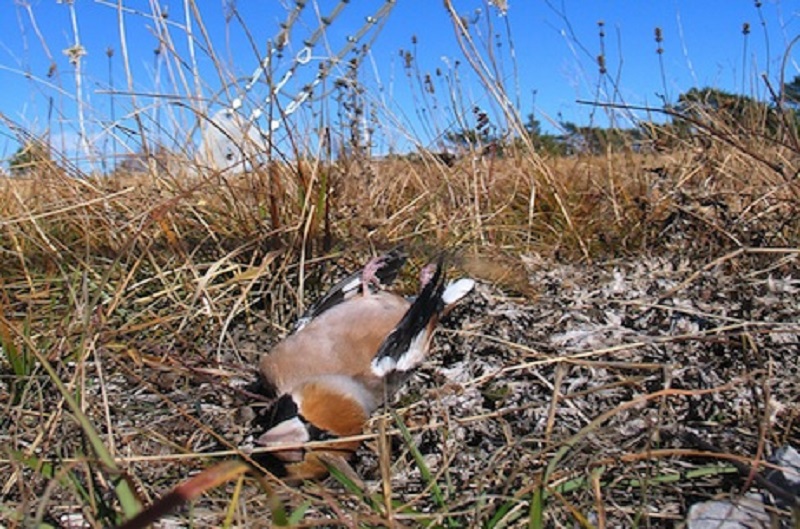
Understanding how animals can learn to adapt their behaviour to survive in a human-dominated world may help with conservation, according to a paper in a leading journal.
Understanding how animals can learn to adapt their behaviour to survive in a human-dominated world may help with conservation, according to a paper in a leading journal.
The paper, on which Gates Cambridge Scholar Alison Greggor is first author, is published in Trends in Ecology and Evolution.
It argues that every animal occupies a unique cognitive world based on its sensory capacities, and attentional and learning biases and that animal behaviour is a result of the interaction of that cognitive world with the environment. The authors, including Nicky Clayton, Professor of Comparative Cognition in the Department of Psychology, say that by understanding animals' behaviour, scientists can "purposefully alter" how they respond to their environment in ways that aid conservation.
They say: "Despite the fundamental connection between cognition and behaviour, the breadth of cognitive theory is under-utilised in conservation practice. Bridging these disciplines could augment existing conservation efforts targeting animal behaviour."
They outline relevant principles of perception and learning and develop a step-by-step process for applying aspects of cognition towards specific conservation issues. For instance, they point out that animals flee disturbances such asthe sound of mine blasts, wasting energy and feeding time. Through understanding their behaviour and responses, scientists can seek to decrease the extent to which blasts cause avoidance behaviour and help them get used to the noise so that the blasts no longer cause alarm, for instance, by detonating blasts at the same time daily which can make cues more predictable and encourage habituation learning.
They conclude: "Initiating dialogue between comparative cognition and conservation will allow for applications of cognitive theory to be further developed and tested. With shared conservation goals, comparative psychologists can direct their research towards species of conservation concern, and conservationists can benefit by applying new cognitive insights to difficult problems. Ultimately, the success of cognition-based efforts relative to other conservation strategies needs to be empirically tested, and the costs of implementing them considered. Even if integrating cognitive theory only initially advances a few of the areas where it could be applied, the potential value of these collaborations should no longer be ignored."
Alison [2012], who is doing a PhD in Experimental Psychology, is studying the impact of humans on jackdaws, how their habitat – whether rural or city – makes a difference and whether some birds are more successful when they act in a certain way around humans.
To read the full paper, click here.
*Picture credit: Wikimedia and Tomaž Jancar, DOPPS – BirdLife Slovenia












